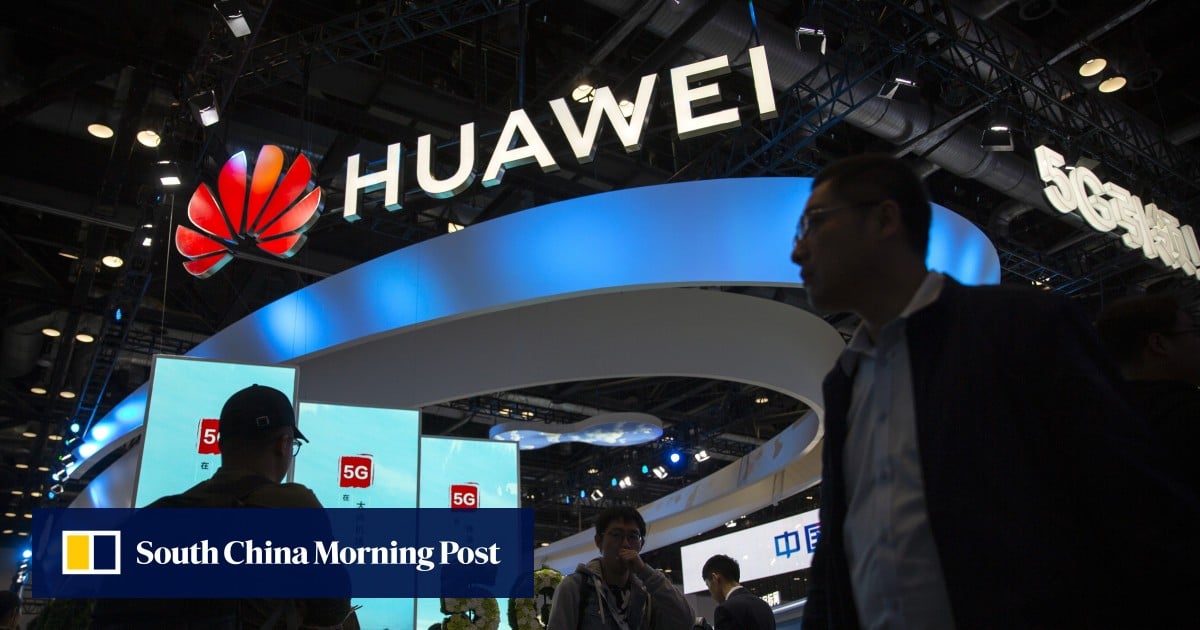[ad_1]
 On evaluating the outcomes of banks from the pre-Covid days with their numbers in March 2021, one can see an enchancment in all of the parameters with regard to the capital adequacy ratio, Jain stated.
On evaluating the outcomes of banks from the pre-Covid days with their numbers in March 2021, one can see an enchancment in all of the parameters with regard to the capital adequacy ratio, Jain stated.
The Reserve Financial institution of India (RBI) has taken be aware of the rising stress within the retail and small enterprises classes, and is intently monitoring it, deputy governor MK Jain stated on Friday.
Jain stated the regulator was cognisant of the stress ranges within the retail and the micro, small and medium enterprises (MSME) segments. “Sure, there’s a visibility on a bit of little bit of stress from the previous knowledge, however undoubtedly it’s not alarming. We’re continuously engaged with the regulated entities, notably the outlier banks and the outlier NBFCs (non-banking monetary firms) and we additionally conduct stress assessments,” Jain stated.
The deputy governor identified that previously, the central financial institution had suggested all regulated entities to enhance their provisions within the wake of Covid, and banks have heeded that decision. On evaluating the outcomes of banks from the pre-Covid days with their numbers in March 2021, one can see an enchancment in all of the parameters with regard to the capital adequacy ratio, Jain stated.
“There’s a discount in gross NPA (non-performing asset), web NPA in addition to the slippages ratio. There may be an enchancment within the provision protection ratio and there’s additionally an enchancment in profitability. So, the sector is best positioned in the present day than what it was earlier than the Covid onset,” Jain stated.
The RBI’s monetary stability report for July 2021 noticed that client credit score deteriorated after the mortgage moratorium programme got here to an finish in September 2020. Shopper credit score portfolios of personal sector banks (PSBs) are seeing incipient indicators of stress, the central financial institution stated, citing knowledge from credit score bureau TransUnion Cibil. The delinquency ratio in combination client credit score for personal banks doubled to 2.4% in January 2021 from 1.2% in January 2020, and for NBFCs and housing finance firms (HFCs), it rose to six.7% from 5.3% over the identical interval.
Within the April-June quarter of FY22 as nicely, banks and non-bank lenders noticed their retail and MSME NPA ratios worsening as collections have been hit in the course of the second wave. The excessive demand for restructuring from the 2 borrower classes has additionally been a trigger for concern.
Lenders have time till the tip of September 2021 to recast accounts hit by Covid, and the numbers are set to rise, by some estimates. In a latest report, Icra analysts stated the restructured e book for NBFCs is anticipated to maneuver as much as 4.1-4.3% by March 2022, whereas the identical for the HFCs is estimated to go as much as 2-2.2%. The general sectoral restructured e book is, due to this fact, anticipated to double to three.1-3.3% by March 2022 from 1.6% in March 2021, Icra stated.
Get reside Inventory Costs from BSE, NSE, US Market and newest NAV, portfolio of Mutual Funds, Take a look at newest IPO Information, Greatest Performing IPOs, calculate your tax by Revenue Tax Calculator, know market’s Prime Gainers, Prime Losers & Greatest Fairness Funds. Like us on Fb and comply with us on Twitter.
![]() Monetary Categorical is now on Telegram. Click on right here to affix our channel and keep up to date with the most recent Biz information and updates.
Monetary Categorical is now on Telegram. Click on right here to affix our channel and keep up to date with the most recent Biz information and updates.
[ad_2]
Source link







